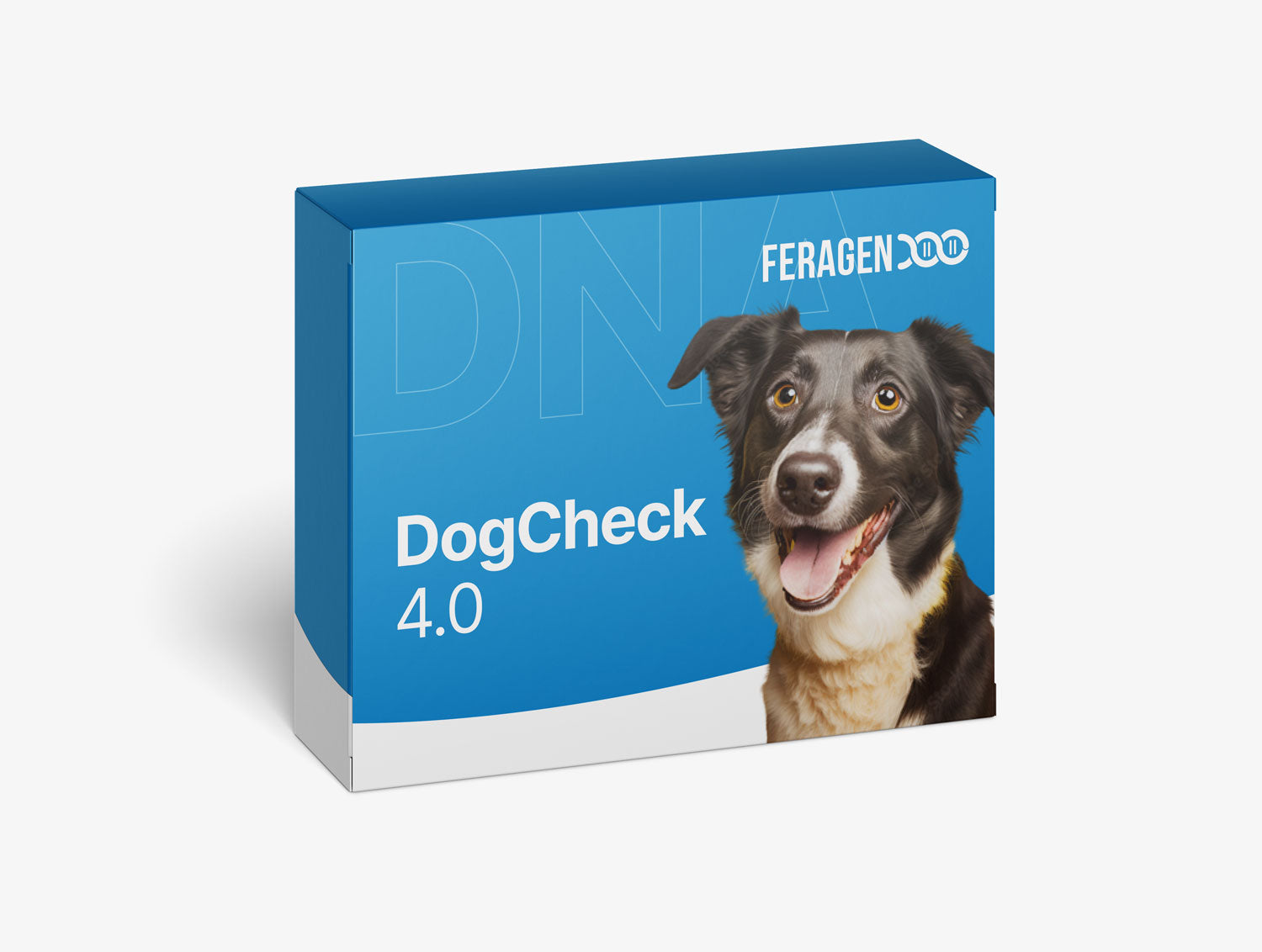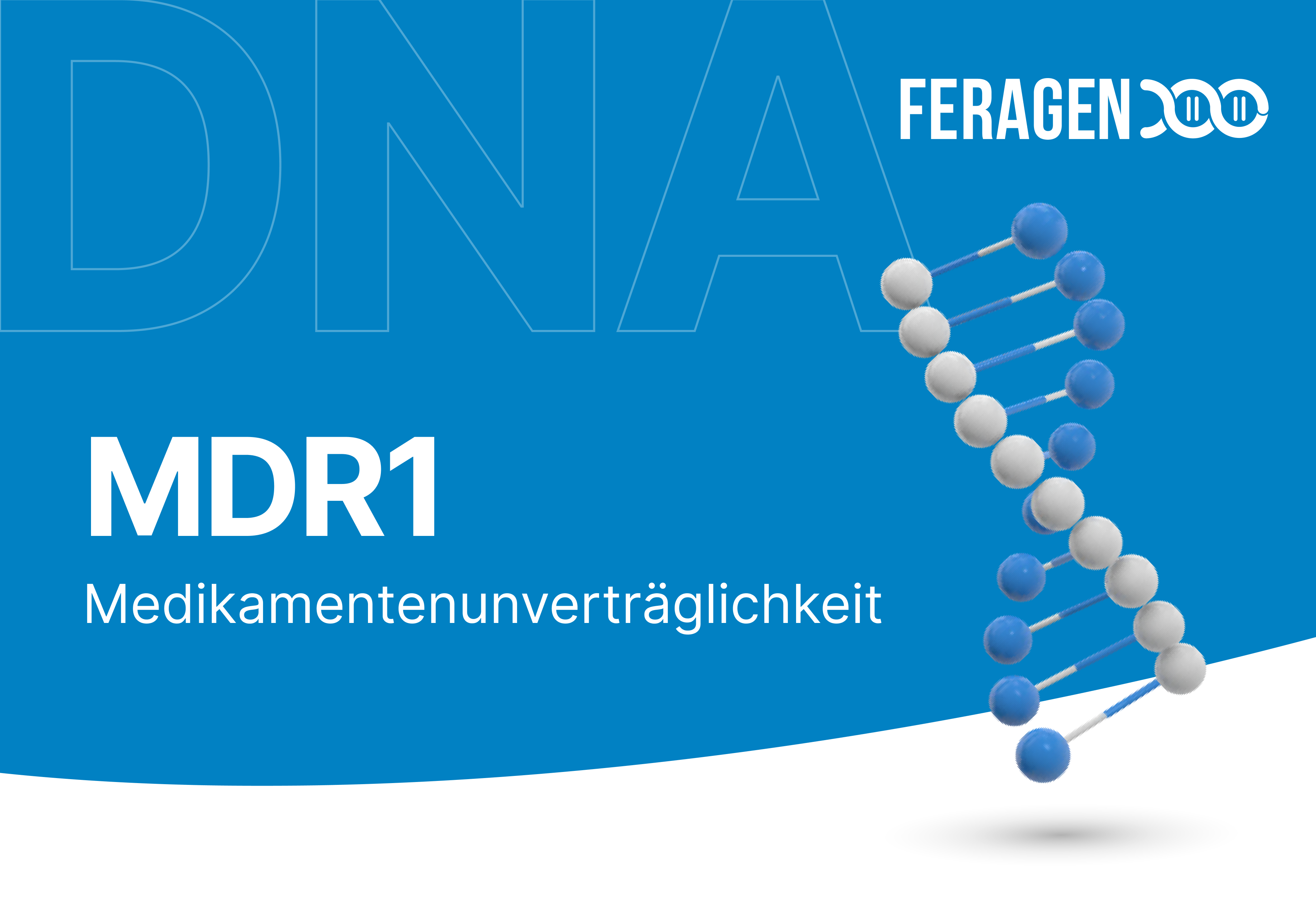We are looking forward to your contact!
Do you have any questions, ideas or requests?
We are happy to help you. Whether by email, telephone or in person, we look forward to speaking with you.
Opening hours:
Mon – Fri from 08:00 – 17:00
You can reach us by phone:
Mon – Fri from 10:00 – 12:00 and 14:00 - 16:00
Landline AT: +43 (0) 662 / 43 93 83
Landline DE: +49 (0) 8654 / 68 24 430
You can reach us by email:
support(at)feragen.at
Postal address:
Austria:
FERAGEN GmbH
Laboratory for genetic veterinary diagnostics
Strubergasse 26
5020 Salzburg
Germany:
KUBEOS GmbH
c/o FERAGEN
Niedervillern 8
83410 Running
The German address is a PO box. The samples are forwarded to our laboratory in Austria three times a week.
Please do not send items as "Registered", "Personally delivered", "Registered Mail" or as express mail. This will lead to delays or refusal of acceptance at the PO box.



